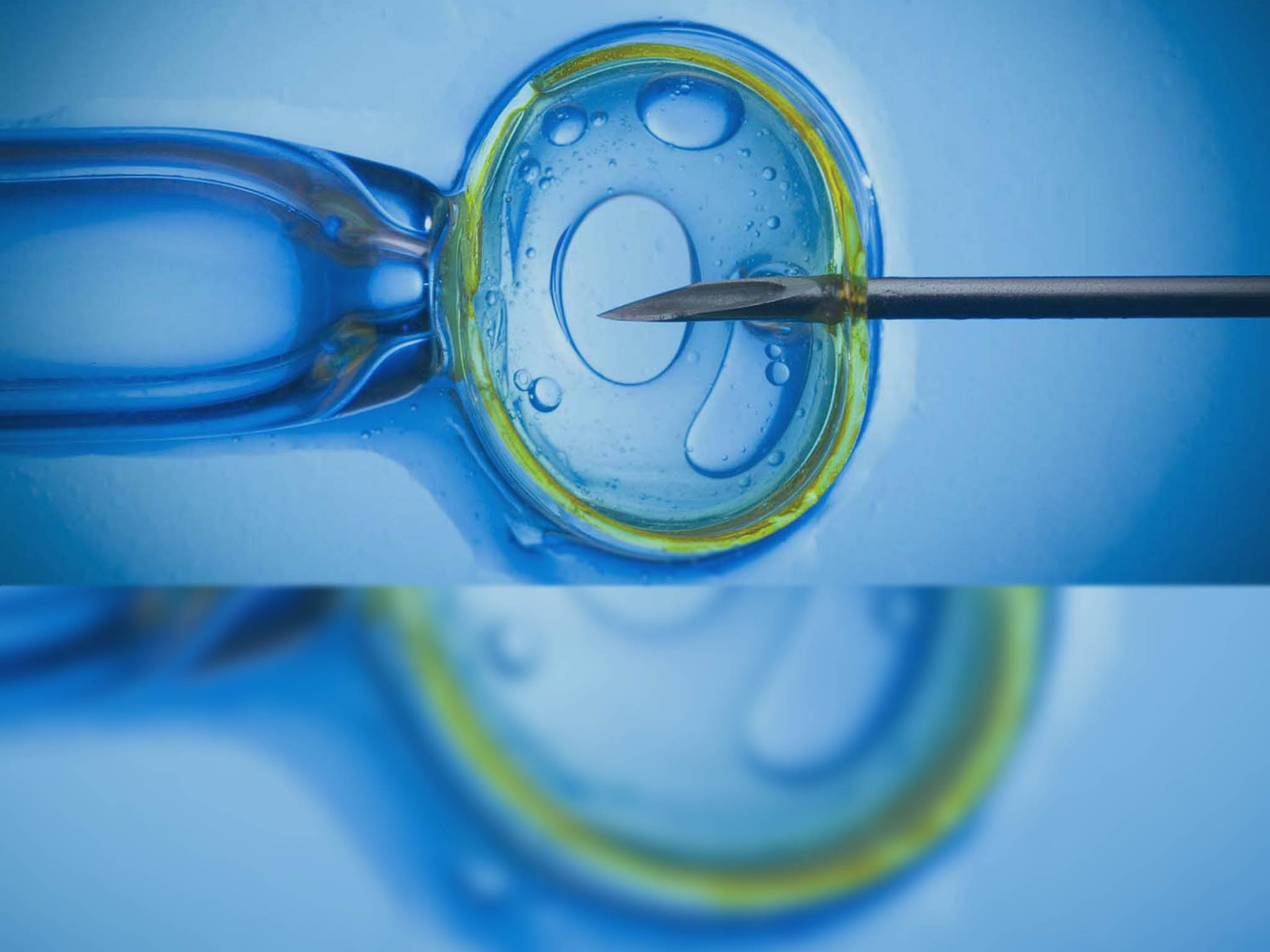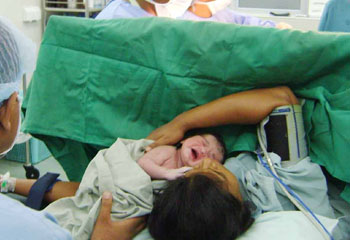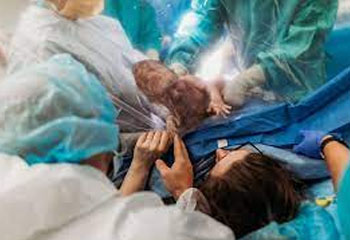Infertility Treatment
IVF (In-Vitro Fertilization) is a type of assisted reproductive technology which involves a series of procedures to treat fertility and assist with the conception of child. During IVF, mature eggs are collected (retrieved) from your ovaries and fertilized by sperm in a lab. It is true that both men and women have an equal likelihood of suffering from infertility. Due to increased work stress, hectic and fast-paced urban lifestyle, environmental toxins, and delaying marriageable age - the chances of infertility are rising significantly.
What is Infertility ?
Infertility is defined as a couple's inability to conceive after one year of unprotected intercourse. Infertility is perceived as a social problem in our country, with various medical manifestations.
Infertility affects 20% of couples worldwide or one in six couples globally. Currently, the number of infertile couples stands at 60-80 million, and the number is increasing every year.
Infertility affects one in five couple. There are about 75-90 million infertile couples world wide and the rate is increasing. Some patients spontaneously achieve pregnancy but others at some stage experience difficulty in achieving conception and these patients need some kind of assistance in getting pregnant. There is about 2-3% probability of achieving pregnancy in one menstrual cycle this is called Fecundability, fecundity is the probability that a single cycle will result in a live birth. It is estimated that out 50 couple with female partner's age less than 35 years, approx 75-80% will achieve pregnancy within the first year of unprotected intercourse, 90% will conceive within 18 months and about 95% will conceive within two years. The remaining 5% rarely achieve pregnancy without some form of assistance.
Infertility may be defined as an inability to achieve pregnancy within 2 years of having unprotected intercourse, though some clinicians prefer this time limit to be 1year. Women who are more than 35 years should consult an expert after 6 months of contraceptive free sexual intercourse when it has not resulted in pregnancy. This difference in the time limit is owing to the declining egg quality with increasing age. In some couples the fertility is impaired to some extent but not completely, these patients may conceive in 3rd year or subsequently without any assistance as there is a delay these patients are called sub fertile. While, sterility is an absolute state of inability to conceive.
The cause of infertility could be in either of the partners (Male factor-40%, Female factor-45%) or in 10-15% both partners may be infertile or sub fertile. sometimes each could be individually fertile but as a couple may need assistance to achieve pregnancy the causes could be immunological or genetic, this is called Combined infertility. While in about 10%, the fertility evaluation show no abnormality, these patients are likely to have problems which are not diagnosed by current available investigations, this is termed unexplained infertility.



